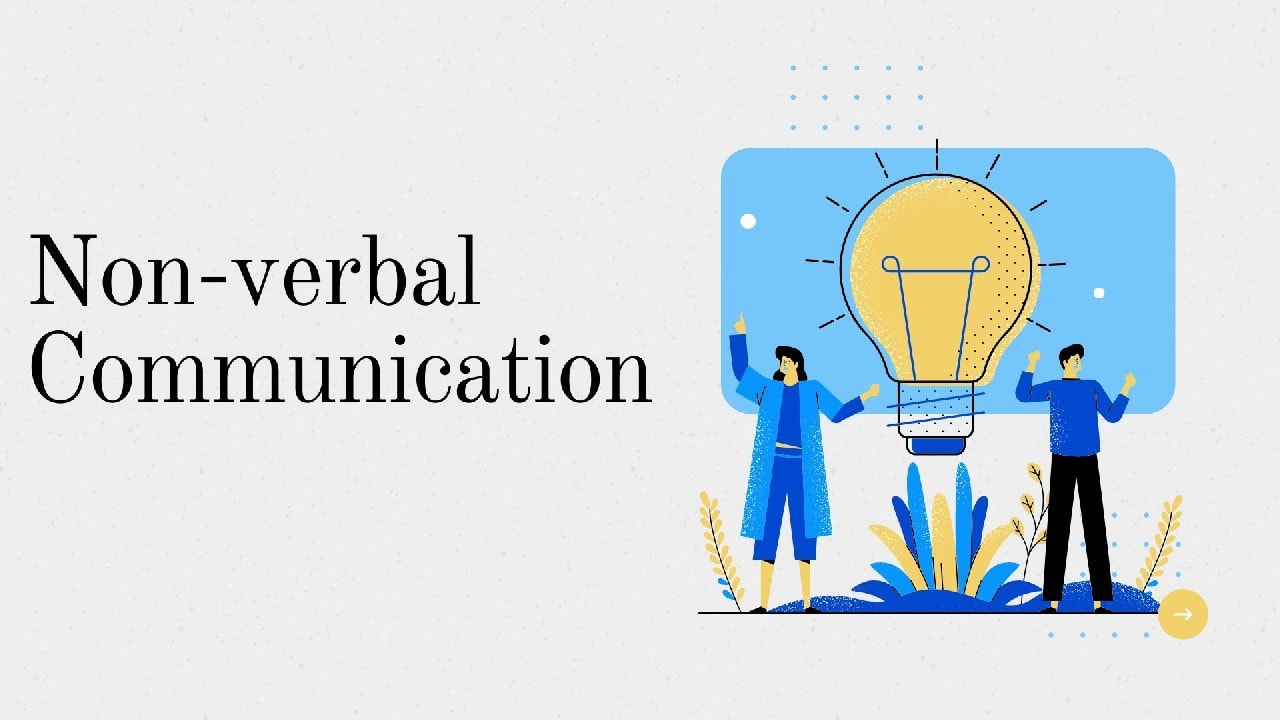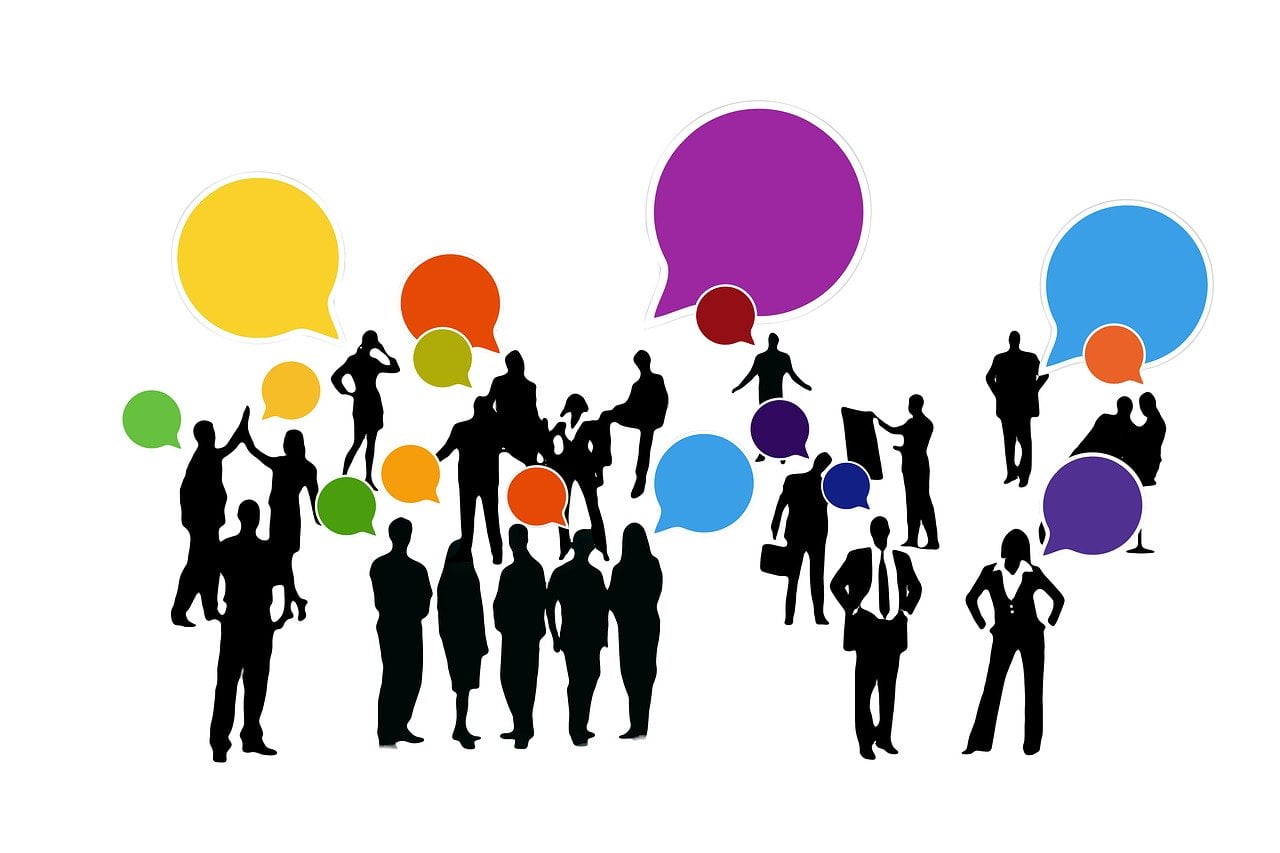Nonverbal communication plays a crucial role in strengthening relationships. While verbal communication focuses on the exchange of words, nonverbal communication encompasses the use of body language, facial expressions, gestures, and other forms of communication that do not involve spoken words. This article explores the significance of nonverbal communication in building and maintaining healthy and fulfilling relationships.
The Power of Body Language

One of the primary functions of nonverbal communication is to convey messages through body language. Our body movements, posture, and gestures can often communicate more effectively than words alone. For example, a warm smile can instantly communicate friendliness and approachability, while crossed arms may convey defensiveness or detachment.
The Importance of Eye Contact

Eye contact is another essential element of nonverbal communication. Maintaining eye contact during a conversation shows attentiveness, interest, and respect. It demonstrates that you are fully engaged and actively listening to the other person. By making eye contact, you create a stronger connection and foster trust in your relationships.
Understanding Vocal Cues

While nonverbal communication is often associated with body language, vocal cues also play a crucial role. The tone, pitch, and volume of our voice can convey various emotions and intentions. For instance, a gentle and soothing tone may indicate empathy, while a sharp tone can suggest anger or frustration. Being aware of your vocal cues and interpreting those of others can significantly enhance communication in relationships.
Using Personal Space
Personal space, the area immediately surrounding an individual, is another aspect of nonverbal communication. The appropriate use of personal space can indicate the level of comfort and intimacy in a relationship. For example, standing too close to someone you have just met may make them feel invaded and uncomfortable. On the other hand, maintaining an appropriate distance based on cultural norms can foster a sense of respect and openness.
Tips for Enhancing Nonverbal Communication in Relationships
To improve your nonverbal communication skills and strengthen your relationships, consider the following tips:
- Pay attention to your body language and make sure it aligns with your words.
- Maintain eye contact during conversations, but be mindful not to stare excessively.
- Practice active listening to show that you are fully present in the conversation.
- Be aware of your tone of voice and use it to express your emotions appropriately.
- Respect others’ personal space and be mindful of cultural differences.
- Observe nonverbal cues from others and respond accordingly to establish better understanding.
Frequently Asked Questions
Q: Can nonverbal communication sometimes be misinterpreted?
A: Yes, nonverbal communication can be subject to misinterpretation. It is essential to consider the context, cultural differences, and individual variations when interpreting nonverbal cues. Communicating openly and clarifying any misunderstandings can mitigate the risks of misinterpretation in relationships.
Q: How can I improve my nonverbal communication skills?
A: Improving nonverbal communication skills takes practice and self-awareness. Consider recording yourself during conversations or presentations to evaluate your body language, eye contact, and vocal cues. Seek feedback from trusted friends or colleagues and be open to making necessary adjustments. Joining public speaking or communication workshops can also provide valuable guidance.
Q: How does nonverbal communication contribute to trust-building?
A: Nonverbal communication plays a significant role in trust-building by allowing individuals to establish a sense of authenticity, empathy, and emotional connection. When nonverbal cues align with verbal messages, it creates a consistent and trustworthy presence. By being attuned to nonverbal cues, you can respond empathetically and build trust in your relationships.
Q: Can nonverbal communication be learned and improved over time?
A: Absolutely! While some individuals may naturally have better nonverbal communication skills, everyone can learn and improve over time. Recognizing the importance of nonverbal cues and consciously practicing and refining them can significantly enhance your ability to understand and connect with others in various relationships.
Nonverbal communication is a powerful tool for strengthening relationships. Understanding body language, the significance of eye contact, the impact of vocal cues, and the appropriate use of personal space are all crucial aspects of effective nonverbal communication. By focusing on improving your nonverbal skills and being attentive to the nonverbal cues of others, you can enhance your relationships and create deeper connections.

I enjoy reading, writing, traveling, and learning new languages. I am also interested in learning about different cultures.